November 24, 2024 | 20:30 GMT +7
November 24, 2024 | 20:30 GMT +7
Hotline: 0913.378.918
November 24, 2024 | 20:30 GMT +7
Hotline: 0913.378.918
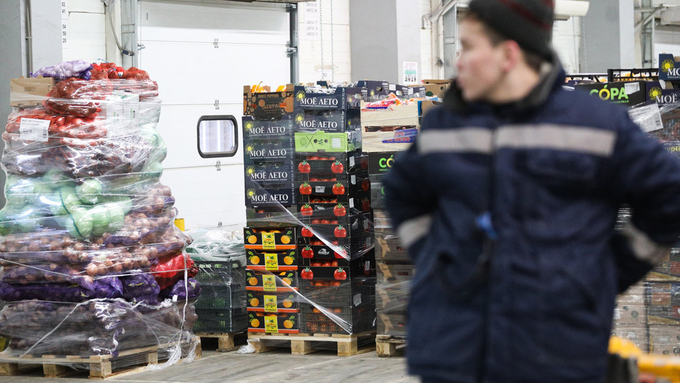
X5 Retail Group's food distribution center in Podolsk.
“The decision was made because Kazakhstan’s competent authorities failed to take measures to ensure the phytosanitary safety of [products sent to] Russian territory,” Rosselkhoznadzor said Thursday.
The watchdog said shipments of peppers, flax seeds and lentils would also be temporarily banned effective immediately.
Rosselkhoznadzor said it had detected 215 cases of pests in food products that arrived from Kazakhstan so far in 2024, a fourfold increase from last year.
Last month, Russia banned the import of Kazakh grain and flour after Astana in August banned wheat imports to protect its domestic market.
“Russia perceived our August ban on wheat imports as an unfriendly step,” Yevgeny Karabanov, the Grain Union of Kazakhstan spokesperson, told local media earlier this month. “We won’t be able to sell more than 1 million tons of grain through Russian ports.”
Kazakhstan is a member of the Moscow-led Eurasian Economic Union (EAEU), which establishes common standards for food safety and agricultural products across all member countries.
Thursday’s import restrictions also came after Kazakhstan on Wednesday said it does not plan to apply to join the BRICS group of countries in the “foreseeable future” despite offers to join, though there was no apparent connection with the fruit and vegetable ban.
Russia has a history of banning food products from both “friendly” and “unfriendly” countries during political disputes.
In 2014, Moscow imposed a ban on certain EU products as part of its countersanctions in response to Western sanctions following the annexation of Crimea in 2014 and the conflict in eastern Ukraine.
(themoscowtimes)

(VAN) United Nations climate talks adopted a deal to inject at least $300 billion annually in humanity’s fight against climate_change, aimed at helping developing nations cope with the ravages of global warming in tense negotiations.
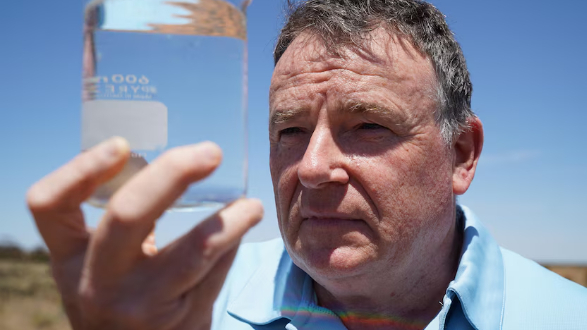
(VAN) Fish and seaweed could soon be farmed at a site in Waikerie by an Adelaide-based aquaculture company. Previous research has found the concept is technically viable, but has not yet been widely replicated in Australia.
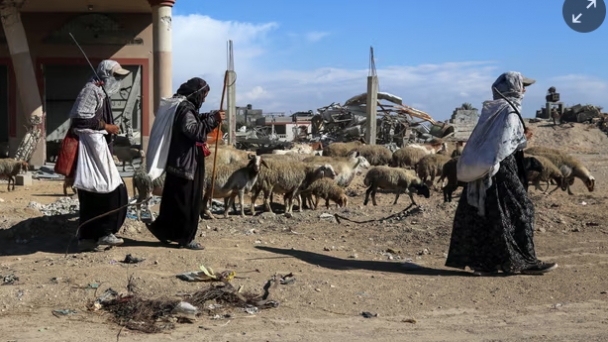
(VAN) Israeli attacks have destroyed huge areas of land used for crops, with 90% of cattle killed, analysis shows.
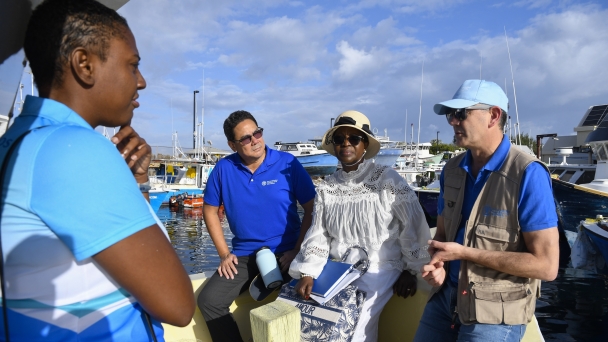
(VAN) Interview with Manuel Barange, Director of FAO’s Fisheries and Aquaculture Division.
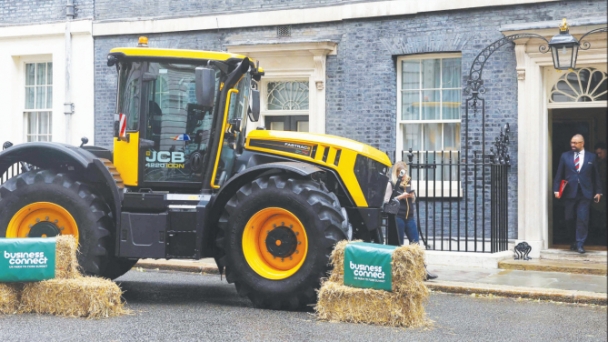
(VAN) Finances, politics and a cultural divide push the agriculture sector to the brink and stir up anger.
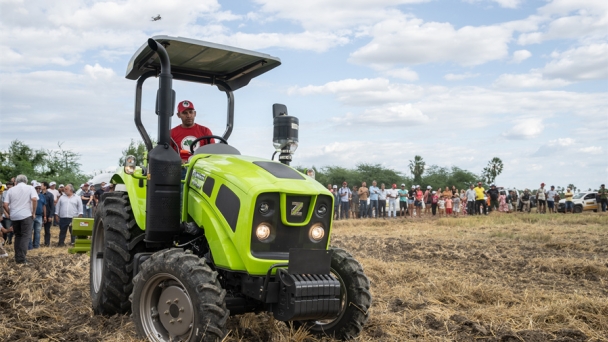
(VAN) Modest operations account for more than 90% of global food producers.

(VAN) The farmers' demonstration was best summed up in two images: real tractors being driven by farmers around Parliament Square, and beside them a collection of toy tractors being peddled around by their children.